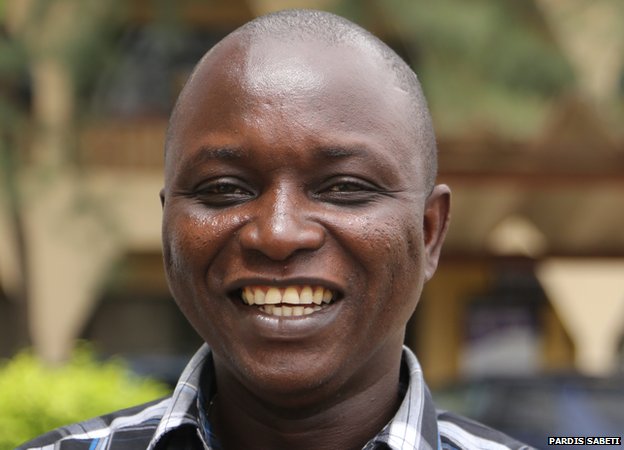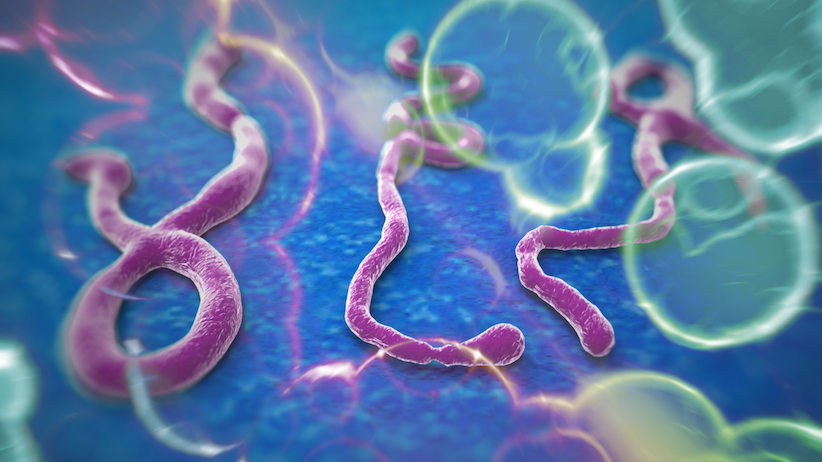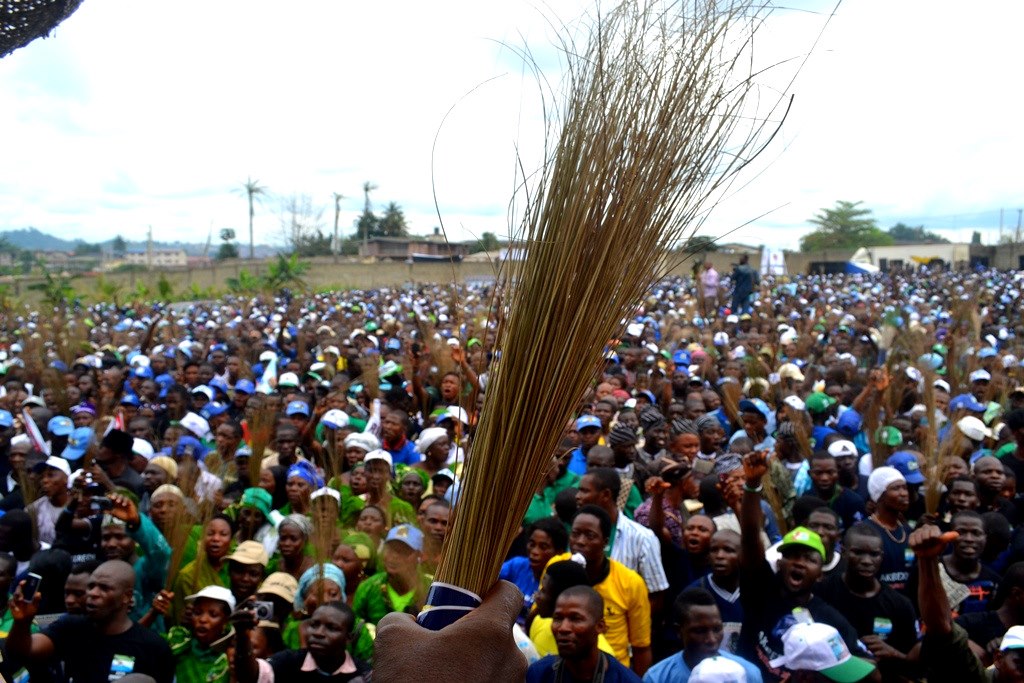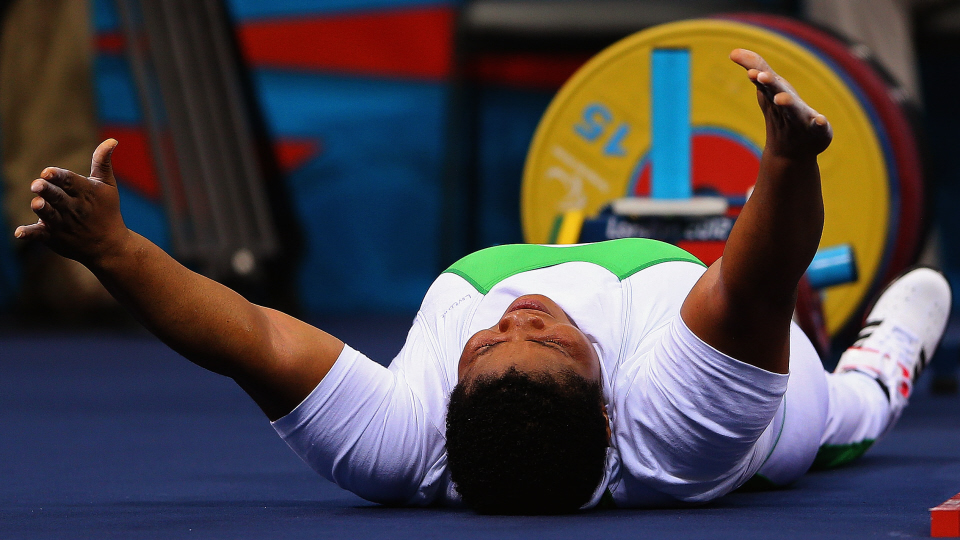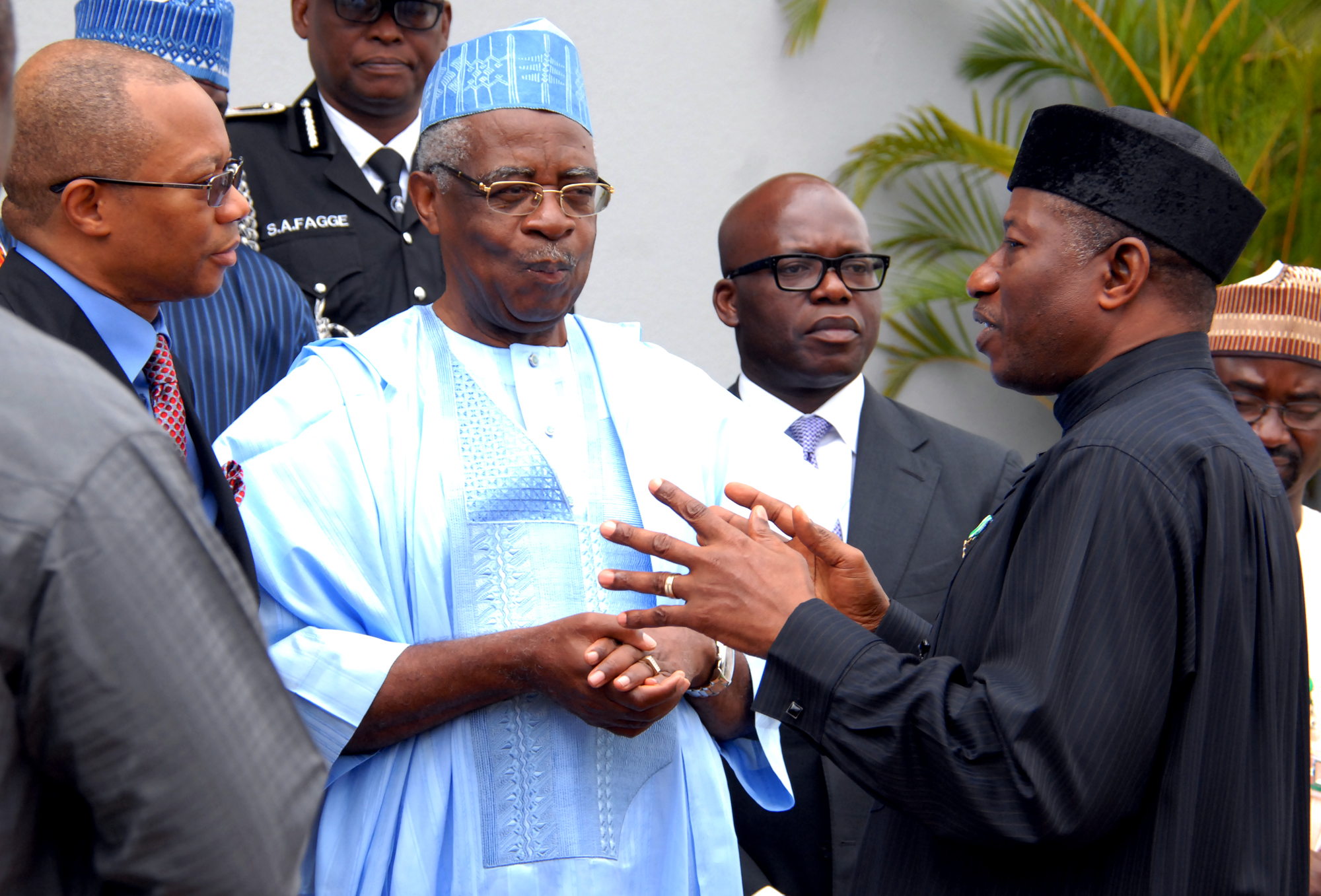2. YES, HE WAS COURAGEOUS — BUT HE DID NOT WANT TO DIE
“I am afraid for my life, I must say, because I cherish my life,” Khan told Reuters in June, in what has now become about the most remembered line about him.
He knew he was treading dangerous territories.
Advertisement
“Health workers are prone to the disease because we are the first port of call for somebody who is sickened by disease. Even with the full protective clothing you put on, you are at risk.”
In one of a series of measures to avoid the disease, he installed a mirror in his office, which he called his “policeman”, to check for holes in his protective clothing before entering the wards where Ebola patients were isolated.
In the end, his “policeman” failed him, as the virus managed to sneak into his body without the mirror’s notice.
Advertisement

